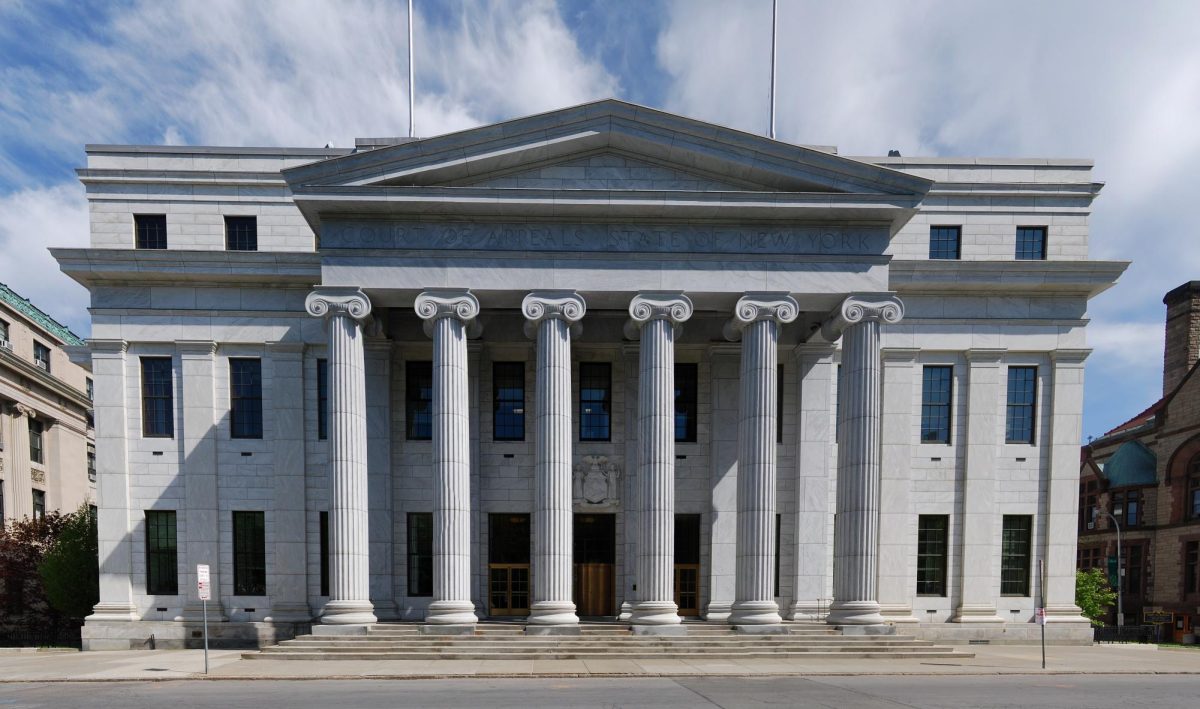The New York State Court of Appeals ruled that a New York City law allowing noncitizens to vote in local elections was unconstitutional on March 20.
The court’s 6-1 decision upheld a lower court ruling, effectively striking the law down.
This ruling safeguards the integrity of the state’s electoral system and reinforces the legal framework governing voter eligibility.
The law, passed by the NYC Council in December 2021, would have granted voting rights to approximately 800,000 noncitizens who are legal permanent residents or have work authorization.
It would apply exclusively to local elections, meaning noncitizens would have been able to vote for city offices such as mayor, city council members and borough presidents.
However, noncitizens would still have been excluded from voting in state and federal elections.
To qualify under the law, a noncitizen had to reside in NYC for at least 30 days before an election.
The measure was initially seen to give long-term city residents more representation in local government decisions that impact their daily lives.
Despite its initial passage, the law faced immediate legal challenges and was rightfully blocked before it could be implemented. The court ruled that the law violated the New York Constitution, which explicitly reserves U.S. citizens’ right to vote.
“Whatever the future may bring, the New York Constitution as it stands today draws a firm line restricting voting to citizens,” Chief Judge Rowan Wilson wrote for the majority.
Opponents of the proposed law argued that granting voting rights to noncitizens would dilute the votes of U.S. citizens and set a precedent that could undermine electoral integrity, going against the legal foundation and principles of U.S. elections.
The ruling affirms that any changes to voter eligibility must align with constitutional principles and require legislative action at the state level rather than the local level.
Allowing noncitizens to vote without amending the state constitution is unconstitutional.
Despite this, supporters of the proposed law, including immigrant advocacy groups and some city officials, expressed disappointment. They argued that many noncitizens contribute to the economy and community but lack political representation, viewing the decision as a setback for immigrant rights and civic engagement.
Although immigration plays a crucial role in American society, voting rights must remain tied to citizenship to preserve the integrity of democratic representation.
If noncitizens were granted voting rights without citizenship, it would remove a key incentive for naturalization, making the law unconstitutional and counterproductive.
Those favoring the ruling, including Republican lawmakers and legal experts, praised the Court of Appeals’ decision as necessary to defend the Constitution. They argue that voting is a fundamental right that should remain exclusive to citizens.
While noncitizens contribute to NYC’s communities, changes to voting laws must follow the appropriate legal process.
Amending the state constitution, rather than bypassing it with local legislation, is the proper avenue for such a significant policy change.
Ultimately, the court’s decision ensures that the rule of law is upheld and prevents an unconstitutional expansion of voting rights. It reaffirms that voting is a privilege tied to citizenship — a foundational principle of American democracy.






